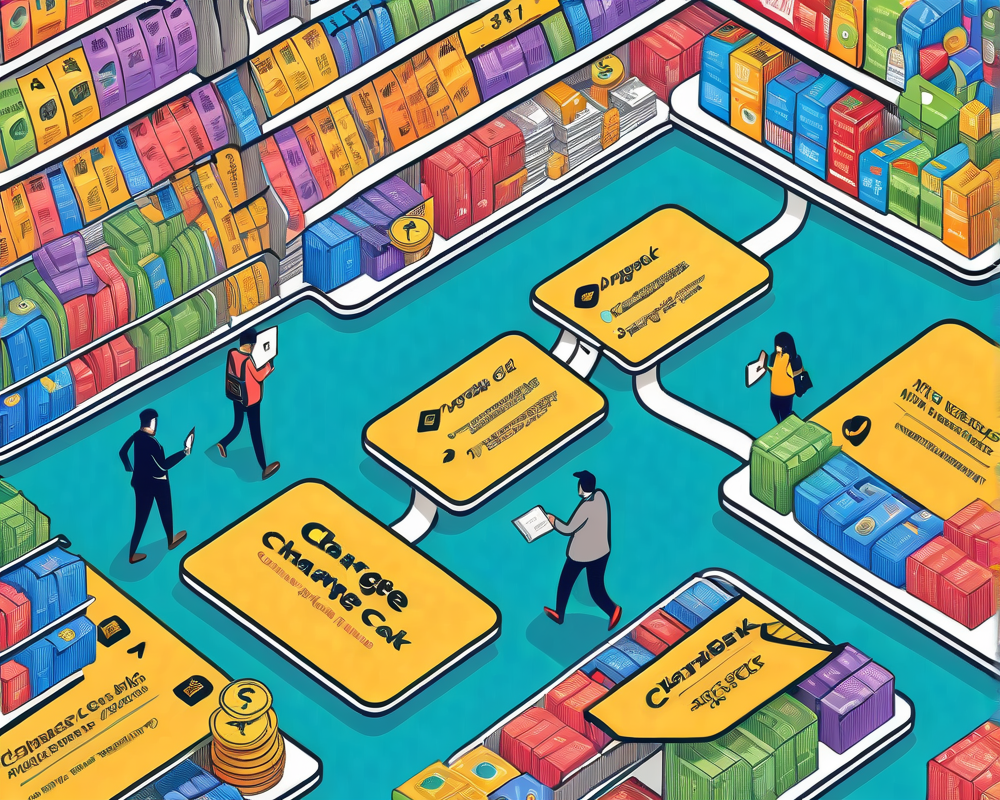What are Chargebacks?
A chargeback is like a financial time machine, allowing consumers to rewind and reclaim their money. When a customer feels something’s amiss—goods never arrived, services were subpar—they can request their bank to pull back their payment from the merchant. But while this system was initially intended to safeguard buyers, merchants are now caught in the middle of a tug-of-war that resembles a poor sitcom: frustrating, absurd, and filled with unexpected twists.
The Rise of Friendly Fraud
Ah, friendly fraud. This term might sound comforting, but it’s a bit of a misnomer. It’s like calling a cat a dog—sure, they both might be furry, but you’ve got a lot of explaining to do. Friendly fraud occurs when a consumer mistakenly, or sometimes cunningly, files a chargeback instead of requesting a simple refund from the merchant. Maybe they forgot they bought that stylish toaster or the family dog went on a shopping spree. Whatever the case, it’s fraud masquerading as amnesia.
Understanding Fraud Spectrum
- Honest Mistakes: A genuine mix-up, often involving family members or simply forgetting a purchase.
- Malicious Intent: Deliberate attempts to exploit the chargeback system, leaving merchants in financial limbo.
The Financial Landscape: Then vs. Now
Once upon a time in the 1960s, consumers used cash or checks to make purchases, and chargebacks were rarely needed. Fast forward to today, where online shopping reigns supreme. Credit card information is stored like an open picnic basket, enticing fraudsters to take a free grab. The laws drafted decades ago are now like relics in a museum—outdated and ineffective at tackling modern fraudulent behavior.
Banking on Investigation
In a perfect world, banks would thoroughly investigate each chargeback claim. In the real world, they’re overwhelmed with requests—think of a busy coffee shop on a Monday morning. As such, the integrity of the chargeback process is compromised, leading to a scenario where a merchant is presumed guilty until proven innocent. Ideally, customer disputes should be taken seriously, but unfortunately, the system is stuck in traffic.
Current Solutions and Innovations
So, what’s being done to protect everyone involved? Enter innovative online payment platforms like PayPal and Stripe, who are stepping into the ring with their own solutions. With tools like chargeback protection, they aim to shield both parties—merchants can stabilize cash flow, while consumers still feel safe shopping online.
Merchant’s Dilemma
While merchants can dispute chargebacks, the process is akin to running a marathon with a big boulder strapped to your back. Complicated and lengthy, the odds of a successful resolution are slim. Meanwhile, bad actors continue to find new ways to exploit the system, leaving honest merchants in a lurch.
The Cryptocurrency Option
Could cryptocurrency be the answer to our chargeback woes? With its secure, tamper-proof ledger known as blockchain technology, it offers a glimmer of hope. Transactions could become airtight, making chargeback fraud almost a fairy tale from the past. However, integrating this new wave of payment into the mainstream won’t be easy. It requires collaboration—banks, merchants, and consumers must unite to forge a new path.
The Road Ahead
The chargeback conundrum is complex, and while there’s no one-size-fits-all solution, the conversation is evolving. As we navigate this brave new world of e-commerce, all parties must work together to create a safer environment for shopping, where trust is more than just a punchline.




